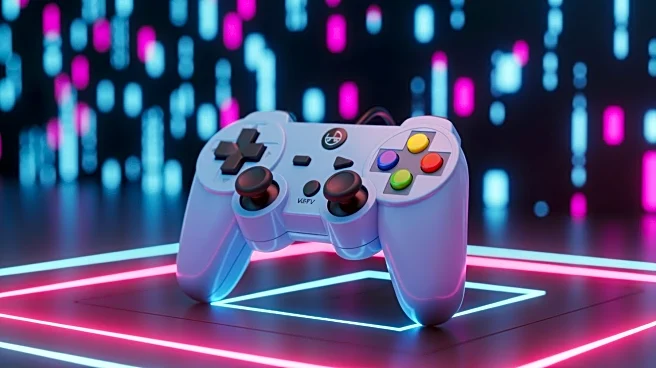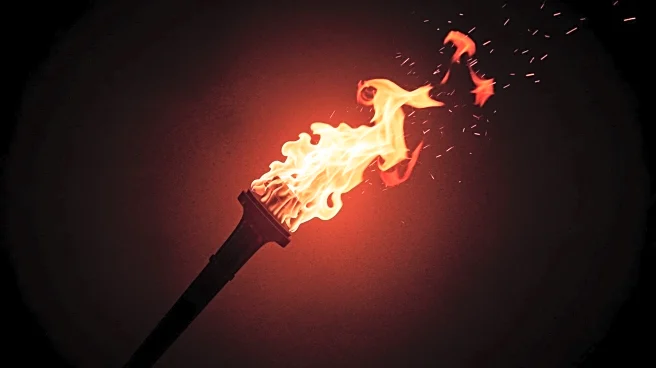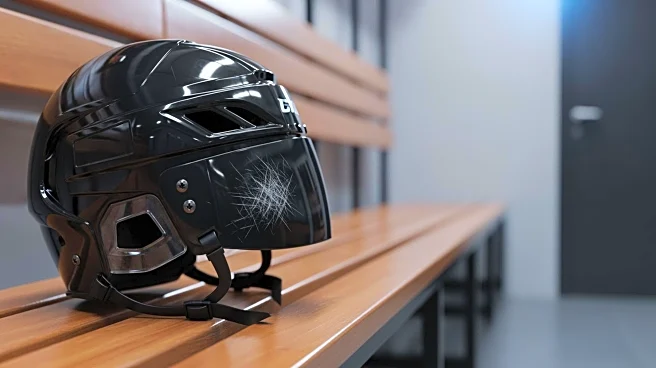What's Happening?
Nintendo has won a lawsuit against streamer Jesse 'Every Game Guru' Keighin, who was accused of livestreaming pirated games before their official release. The lawsuit, filed last November, claimed Keighin streamed leaked titles like Mario & Luigi: Brothership
and The Legend of Zelda: Echoes of Wisdom on platforms such as YouTube, Twitch, and Kick. Despite multiple takedown notices, Keighin continued to use modified consoles and emulators to play and share these games. The court ordered Keighin to pay $17,500 in damages and issued an injunction against him, although it denied Nintendo's request for an injunction against anonymous third parties and the destruction of devices used.
Why It's Important?
This legal victory reinforces Nintendo's stance against piracy and its commitment to protecting intellectual property rights. The case highlights the challenges faced by game developers in combating unauthorized distribution, which can lead to significant financial losses. By successfully pursuing legal action, Nintendo sets a precedent for other companies in the gaming industry, emphasizing the importance of safeguarding creative works. The outcome may deter future piracy attempts, encouraging streamers and content creators to adhere to legal standards, thereby preserving the integrity of game releases and supporting the industry's economic health.
What's Next?
Nintendo's legal actions may prompt other gaming companies to adopt similar strategies to protect their intellectual property. The industry could see increased collaboration with streaming platforms to enforce copyright laws and prevent unauthorized content sharing. As technology evolves, companies might invest in advanced anti-piracy measures, including digital rights management systems and enhanced monitoring tools. The case also raises questions about the role of platforms in regulating content, potentially leading to stricter policies and partnerships to combat piracy.
Beyond the Headlines
The lawsuit underscores ethical considerations in the gaming community, as streamers balance content creation with respect for intellectual property. It highlights the cultural impact of piracy, which can undermine the value of creative works and affect the perception of gaming as an art form. The case may influence discussions on digital rights and the responsibilities of content creators, fostering a dialogue on ethical practices in the digital age.















